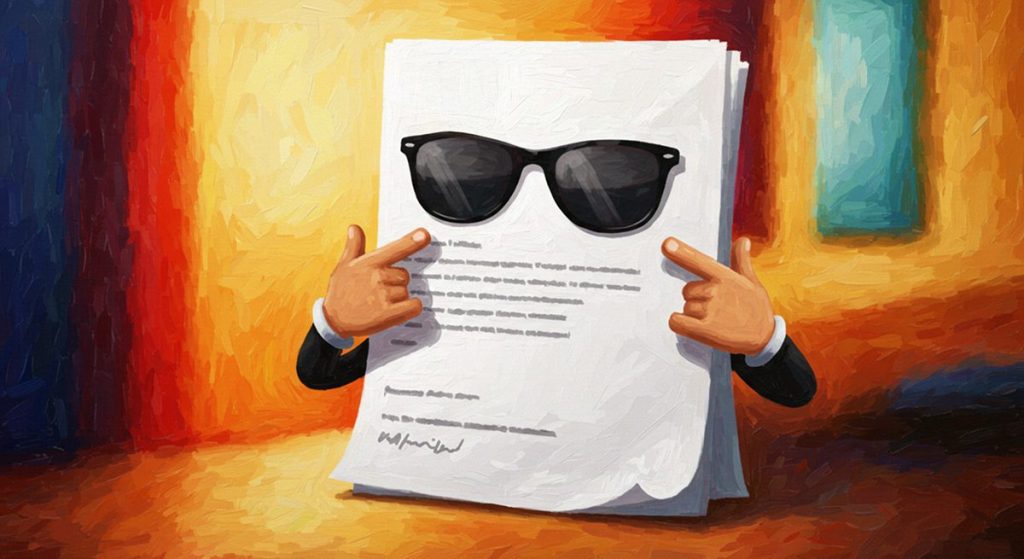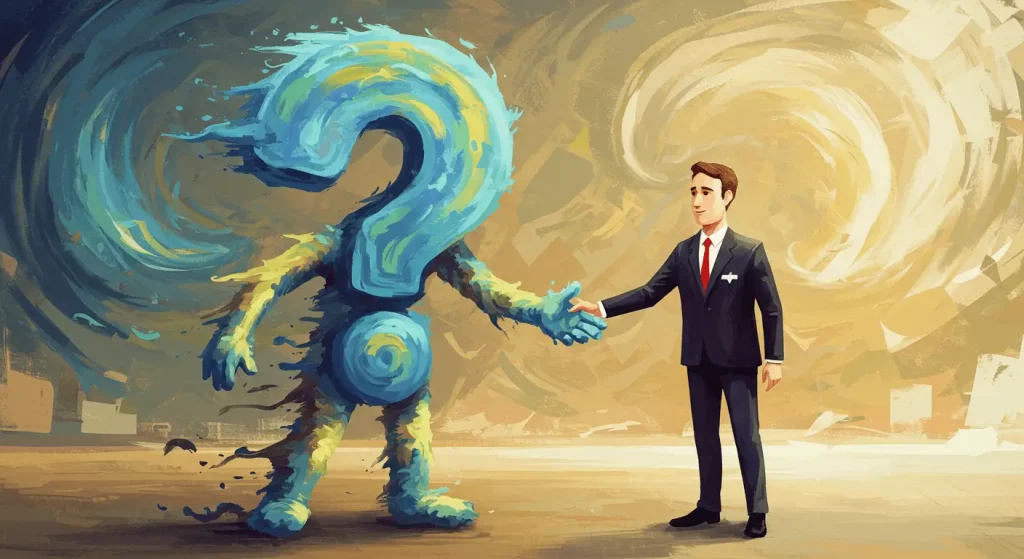Difference between CEO vs. Owner and President
There is often confusion about the role that a president, chief executive officer, and owner will play within an organization and the impact that job titles like this can have on perceptions. We will begin by defining each job title.
Smaller companies and larger corporations all have something in common: there is usually one person at the very top of the hierarchy who is ultimately responsible for the failure or success of the business. In large entities, the chief executive officer has the highest rank; in small businesses, the person in charge is usually the owner.
There are many similarities and differences between the two roles of CEO vs. Owner. Training needs often overlap. They also have many of the same duties, such as appointing employees.
How these individuals go about handling their roles involves big differences. While owners may sometimes delegate financial resources and responsibility, they can sometimes retain some of the responsibility for their own role in the corporate world. With a CEO, this is not attainable as their focus is marketing and competitors, and above all, opportunities. This means that someone with a CEO title is better served by delegating practical elements to other people in their organizations.
Furthermore, the owner, CEO, and president can all benefit from education opportunities, even on smaller scales like a strategic management short course. However, experience is equally essential for this level of position.

President
The president handles the everyday functioning of an organization and implements the vision that the CEO or the owner has for the business. They can change the workings of departments or reassign tasks as necessary. Things that are dependent on the day-to-day operations, including procedures, practices, and policies, are the president’s responsibilities.
In addition to day-to-day operations, the president also oversees financial management and budgeting, including planning for the future. Some companies might not have a CEO, in which case the president takes on that executive role in the company.
CEO
The chief executive officer (CEO) answers to the board of directors and often chairs it as well. The CEO does a lot of planning and makes strategic decisions, where the owner takes action. The CEO needs to delegate responsibilities throughout the business, so they need to ensure that employees are good at their jobs and that the right people are hired for the right positions. The CEO is also responsible for the company culture and ensuring that the company’s board of directors expresses their vision and that it is fit into the company’s future.
Owner
A business owner usually finds their place while the business is still small. When small businesses develop to the point where they need an executive hierarchy, the ownership becomes the main authority in the company.
CEO and President Together
In cases where there is a president and a CEO in a company, the CEO has higher authority than the president. The CEO answers to the board of directors, and the board of directors answers to the shareholders. Hierarchy places a CEO higher than a president by one spot in the hierarchy. In cases where an organization has both a CEO and a president, it is important to know exactly who has the highest position and what the individual duties and responsibilities are for each party. Where subsidiaries are involved, it is helpful to have one executive in charge of the parent company operations, and the other in charge of the subsidiaries.

Comparing Owners to CEO
The size of a company determines its management structure. In large companies, employees answer to the CEO, but the CEO is also beholden to someone, specifically the board. In small businesses, the owners ordinarily have complete control and can even be the public face. The owner usually has a sole proprietorship while the CEO is the lead manager. A company usually has one CEO who is appointed by the board. This person manages the day-to-day management of the company. People like entrepreneurs or sole proprietors and have complete ownership of a company can hold the job title of ‘owner’. A CEO can be an owner and vice versa.
What Does a CEO Do?
CEOs delegate responsibility throughout the company. Anything from the management of finances to the CFO or operations to the chief operating officer. The CEO also holds some legal responsibilities to the shareholders. Legal responsibilities are meant to promote transparency. The board of directors guides CEOs as the top executive in large companies. They keep CEOs focused on the goals and vision of the organization. Smaller companies see CEOs guided by the company owner instead.
What Does a Business Owner Do?
In the case where a person owns the company (there is one business owner) as a whole, they are the owner of the company. Where more than one person owns the company or equity is involved, then a person is a co-owner. Owners are generally in charge of the business as a whole. They can also become the founder if they hand over responsibility when the company grows and they step back.
Even a small business can grow beyond what an owner and their partner can manage on their own. In order for growth to happen in a business, owners need to delegate so that long-term goals can be sustainable. Hiring the right people and distributing the company’s shares carefully can make a significant contribution to the successful growth of a company. When the company begins to grow, owners might need to appoint other executives to manage operations and even to choose the right employee for another position. The owner, in such a case, would still receive a salary proportionate to their role. But in the end, someone will have to take over running things like the marketing element of the company. In some cases, owners would adopt the formal title of CEO instead of appointing a CEO. Owners, however, will not answer to shareholders and directors in the company but will still draw a reasonable salary.
Become a Leader in Business
There are distinct advantages and disadvantages to being a CEO vs. owner, and most importantly, the difference that such a person can make to the stakeholders, clients, and employees of their company. Many people do not realize the difference that an owner can make to a company, and understanding these elements can be of significant benefit in the corporate world.











